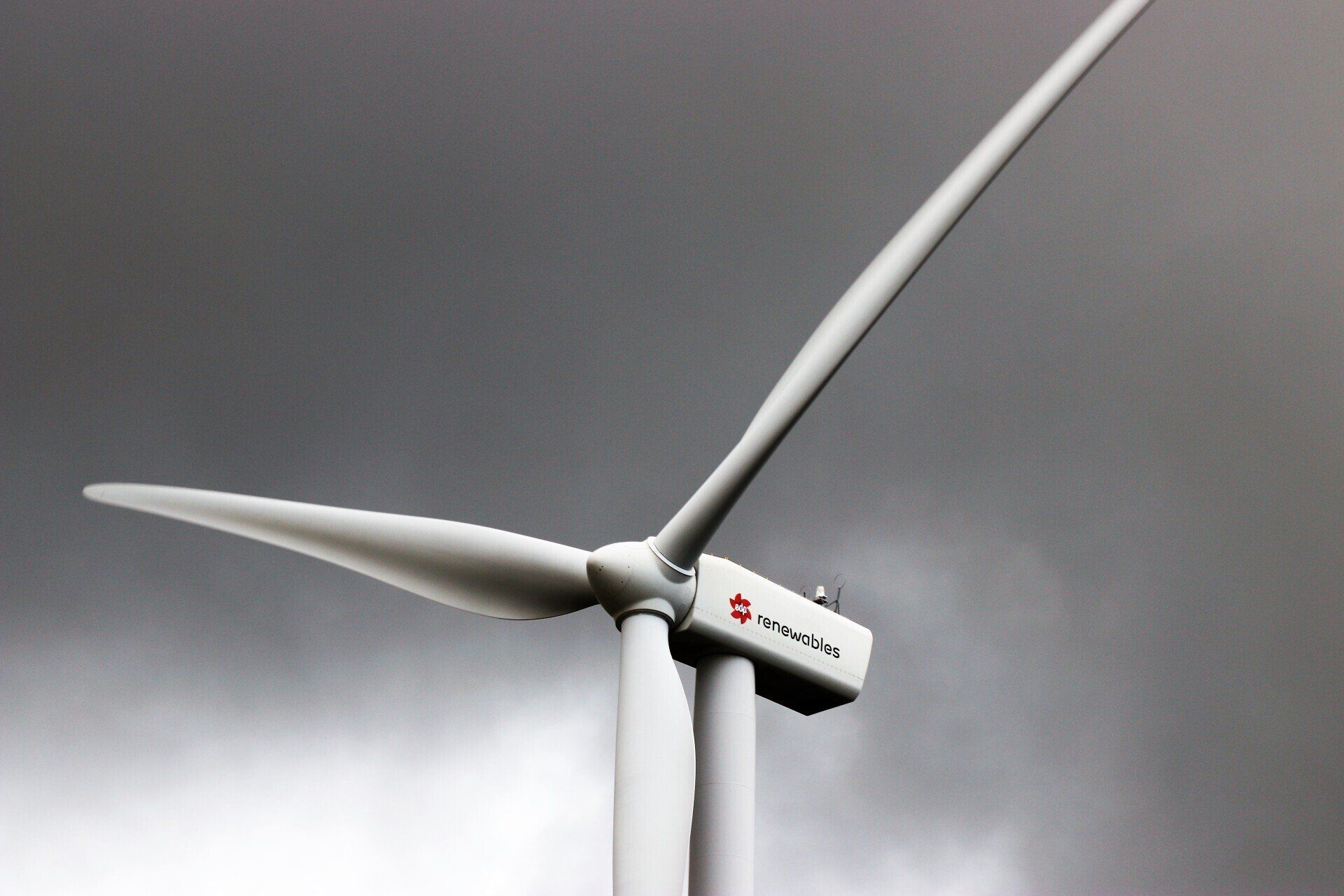Why Net Zero must be scrapped
News & Social Media / Post
We face a national energy emergency. Net Zero is making it worse.

Net Zero is not really a new thing. It started with the 2008 Climate Change Act. Net Zero is the same policy with a tighter deadline. Therein lies the problem with a Net Zero referendum. Winning it does not do away with the policy, only the deadline.
If anything, doing away with the policy is still within the remit of the Brexit vote. The vote, after all, was an instruction to break away from Brussels to pursue policy in the direct national interest. EU policies such as the Large Combustion Plant Directive and the Renewables Directive (setting a statutory quota for renewables) were never in our interests.
If bringing down emissions was out goal then we could have replaced older coal burners with modern ones and still reduced our emissions by 70%. Had Britain, in 2008, set upon a major renewal of nuclear capability instead of wind energy, we would not now be having a major panic about gas prices and we wouldn’t be arguing over whether to frack. Gas would still play a role, but with adequate storage facilities we would be far less vulnerable to geopolitical turbulence.
Many of us said so at the time, but wind turbines were in fashion, being the epitome of eco-virtue signalling, and a pillar of the green revolution. Again, not a new concept at all.
They have always known that wind energy of itself was no solution. They knew it would require a complete change to the way the grid functions, at enormous expense. Intermittent energy causes grid instability, and they had to create subsidy mechanisms to stimulate an entire grid balancing sector using everything from gas plant to diesel generators in shipping containers.
Give or take, wind energy needs one hundred percent conventional backup, and that could only mean gas plant as nothing else can respond at short notice. That meant using baseload plants at lower than peak thermal efficiency (one of the many hidden costs of wind.
This, of course flew in the face of their claims to be green, which is what promotes the push for smart metering and EVs. They want to use car batteries as grid backup as part of a smart grid. They know that large scale battery storage probably won’t work, and only covers them for a matter of hours when sometimes the wind doesn’t blow for days and weeks at a time.
Knowing that this still creates capacity shortfalls, they turn their attention to demand side management. Which is basically a fancy term for rationing. There’s certainly no harm in better scheduling and greater efficiency, but in all probability will mean the poorest have to fit their schedule around the needs of the grid. This is the energy equivalent of “stay home, save the NHS”.
The smart grid concept is really quite visionary and ambitious, and perhaps something we could evolve into when the technology is there, but across the board the technology simply isn’t there. EVs do not meet the needs of busy productive people. Battery storage at scale is pipe dream, and the transition is totally uncosted
.
Proponents of Net Zero argue that skyrocketing gas prices now means the case for transitioning has never been stronger. But even with current stresses, there’s no reason to believe it’s any cheaper. They say wind energy is cheaper but not when you take into account that a third of the levelised cost of gas is carbon taxes. Nor do the figures they give for wind account for backup costs and whole system upgrade costs to cope with intermittency.
The sums perhaps look a little different following Russia’s invasion of Ukraine, but we cannot simply assume the costs of renewables and accompanying paraphernalia will stay static. Russia has the gas but China has the rare earth minerals. And then when you look at the pollution involved the manufacture of batteries, and the energy involved in recycling them, their claims of being green are very much in doubt.
In any case, nobody seriously thinks the government will meet its 2050 target. The EV transition is sluggish, and has yet to overcome practical barriers. The grid cannot cope with the mass rollout of fast charging points, nor do we have the surplus capacity to be adding more demand such as EVs and heat pumps.
But even if any of this were realistic and achievable, the facts remains that we are amidst an energy crisis that will eliminate any notion of disposable income for millions, and drive millions into poverty. We have to pull out all the stops to acquire whatever gas we can, and an arbitrary emissions target in the distant future should not be a consideration. Those who say otherwise are placing their ideological policy over an above the welfare and the immediate needs of people.
The talking point of the moment is that fracking will not noticeably impact gas wholesale prices, but domestic reserves tend to be sold on the domestic market, and even if it provides only temporary relief, can we really afford not to? We’ve left it too late to avoid an energy crunch and consequently, a deep recession. We didn’t fix the roof when the sub was shining.
Green energy policies caused this crisis. Putin didn’t force Germany to shut down its coal and nuclear plants. Britain wasn’t forced to abandon conventional and nuclear energy. This is something we did to ourselves because the green blob has a strangle hold over energy policy. They are now the same people pushing Net Zero as the solution to the problem they created.
What you notice about Net Zero evangelists is that they tend to be think tank non-jobbers or industry wonks whose livelihoods depend on the subsidy frenzy that goes with Net Zero. The wildest claims of all about renewable energy comes form the energy companies themselves who rake in billions in subsidy with minimal risk to them. Wind turbines are primarily subsidy harvesting devices to steal your family wealth.
Were the government serious about tackling the energy crisis it would suspend carbon taxes on gas generation and remove wind websites – if only as an interim measure. It would rethink its effective ban on coal, and do all it can to get our shale reserves out of the ground. This is an emergency and we do not have choices. Net Zero is an expensive luxury we simply cannot afford. Obviously we need to rebuild our nuclear capability, going all in on small modular reactors, but we need energy now, not ten years down the line.
Instead the Tories are doubling down on windmills, plastering prime agricultural land with solar panels and have no intention of removing carbon taxes. They could substantially ease the tax burden on our energy bills overnight if they wanted to. They just don’t want to. The green ideology comes first. The seriousness of our predicament has not sunk in for them or the green blob who are comfortably insulated from the consequences of their decisions. MPs can simply claim heating bills on their expenses.
Net Zero is a wholly flawed and mind-blowingly expensive policy, and one that makes a umber of naïve assumptions about how well the technology will work. Early adopters of heat pumps tend to be wealthier people with plenty of space and enough money to mitigate the complications, but mass rollout will encounter a whole range of unanticipated problems - as will EVs, and when the entire policy is contingent on everything going to their hopelessly optimistic plans, it is for us to pour a bucket of cold water on it.
More crucially, this is a matter requiring public consent. Again we have a feral establishment in hock to a particular ideology, and the influence to push it on us by the back door. It’s telling that the usual suspects are outright hostile to the idea of a Net Zero referendum. Again, their problem less to do with the substance of the issue, rather that we should have a say at all. When their policy demands a major reduction in living standards, using unspecified sums of our money, deliberately imposing fuel poverty on millions to meet a target, we really ought to get a say in it.
Recent National News











